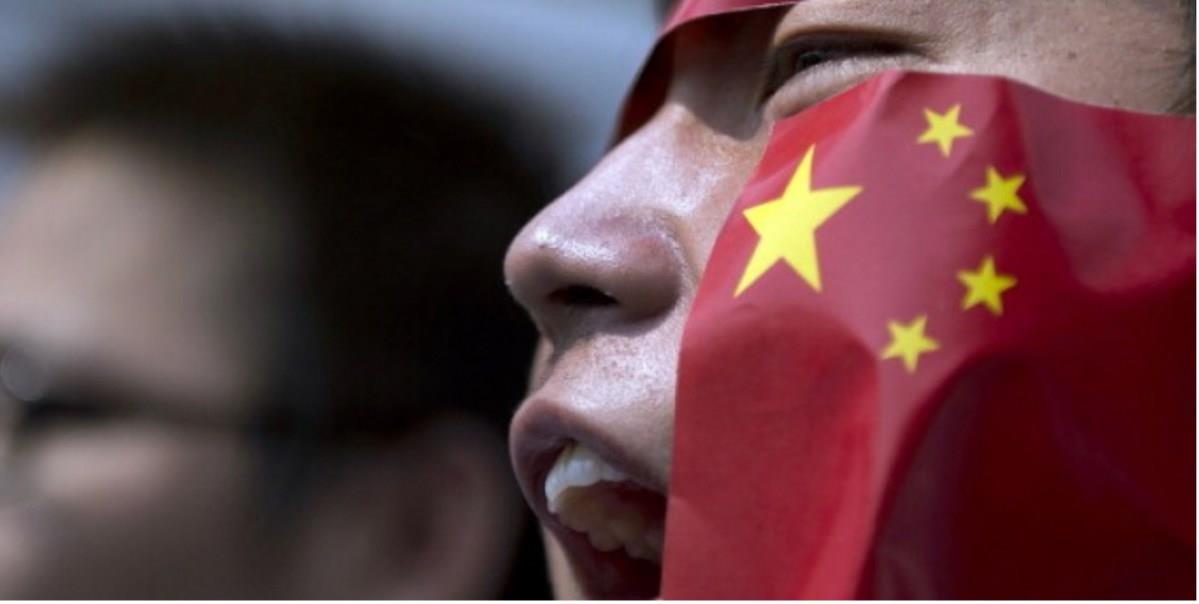
Chinese Nationalism The Fuse On A Powder Keg
The People's Republic of China is caught in a nationalist vice.
Chinese netizens cheered for Abe's murder, sending chills all over the region and thus helping to coalesce political sentiment against Beijing. Still, perhaps Beijing didn't even realize it, providing further proof of the depth of the problem.
The assassination of former Japanese premier Abe Shinzo was celebrated in China as a national victory. These reactions prompted some in Japan and elsewhere to think that perhaps the killing was arranged in Beijing.
It's hardly possible that is the case for many reasons. The Chinese government is not that stupid—or organized.
The popular, spontaneous anti-Japanese movement, however, perhaps points to something worse in the eyes of the Japanese: a deep-seated racism and destructive hatred of their neighbor.
The explosion of this strong anti-Japanese prejudice is likely to have profound effects on bilateral relations and could be a powerful catalyst for regional frictions.
It is impossible to imagine that other countries in the area with otherwise open issues with China, such as India or Vietnam, will not potentially feel wronged by similar waves of Chinese hatred.
Nationalism in Beijing is deep and extremely widespread, as James Miles tells us so well, and it is not a recent phenomenon.
Historically, nationalism has always been very difficult to control in China. Nationalists first attack foreigners and later attack their own government for not being tough enough on foreigners.

Students wave flags of China and the Communist Party of China before celebrations in Beijing on July 1, 2021, to mark the 100th anniversary of the founding of the party. Photo: AFP / Wang Zhao
One of China's crucial problems is its political and military isolation, which brings together so many countries in the region and outside of it.
The Chinese attribute the isolation to an American conspiracy. Indeed, the Americans are active in the area, but it is not clear whether America itself is pushing the region's race toward America.
Chinese nationalism in fact works against the Chinese nation. It picks up on any anti-Chinese activity and multiplies it.
If the Chinese see any limitation of China's power and influence as a threat to China itself. In that case, the countries in the region have no choice but to either bow to Beijing or ally themselves against Beijing.
Chinese nationalism, in other words, becomes an easy prophet of doom for China itself.
Getting out of the nationalist trap is not easy. Nationalism was the subtext of Chinese communism under Mao, and later it became the main idea of the state once the communist fervor receded.
But it is still necessary to at least move away from it—otherwise, Beijing will hang itself with its own hands. Nationalism is not the gunpowder that will blow up the country; China has other, far deeper problems.
There is an increasingly creaking economic structure; a struggling political system; a real misunderstanding of many international dynamics; increasingly complex social relations; monstrous environmental and demographic issues, and so on.
But this lethal mix of the explosive dust of nationalism can be the fuse and the multiplier.
This story first appeared on Settimana News and is republished with permission. The original article can be read here .

Legal Disclaimer:
MENAFN provides the
information “as is” without warranty of any kind. We do not accept
any responsibility or liability for the accuracy, content, images,
videos, licenses, completeness, legality, or reliability of the information
contained in this article. If you have any complaints or copyright
issues related to this article, kindly contact the provider above.


















Comments
No comment